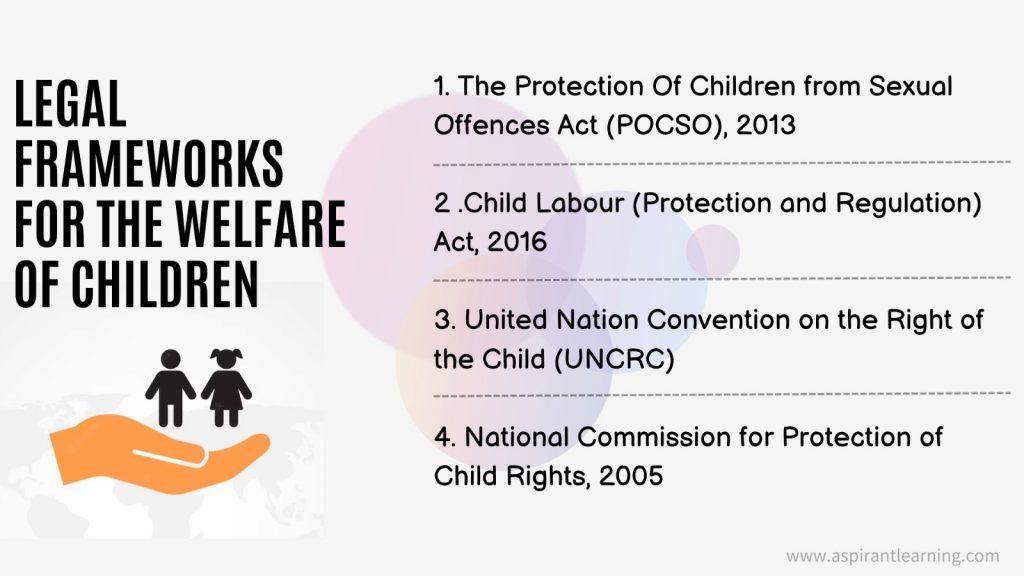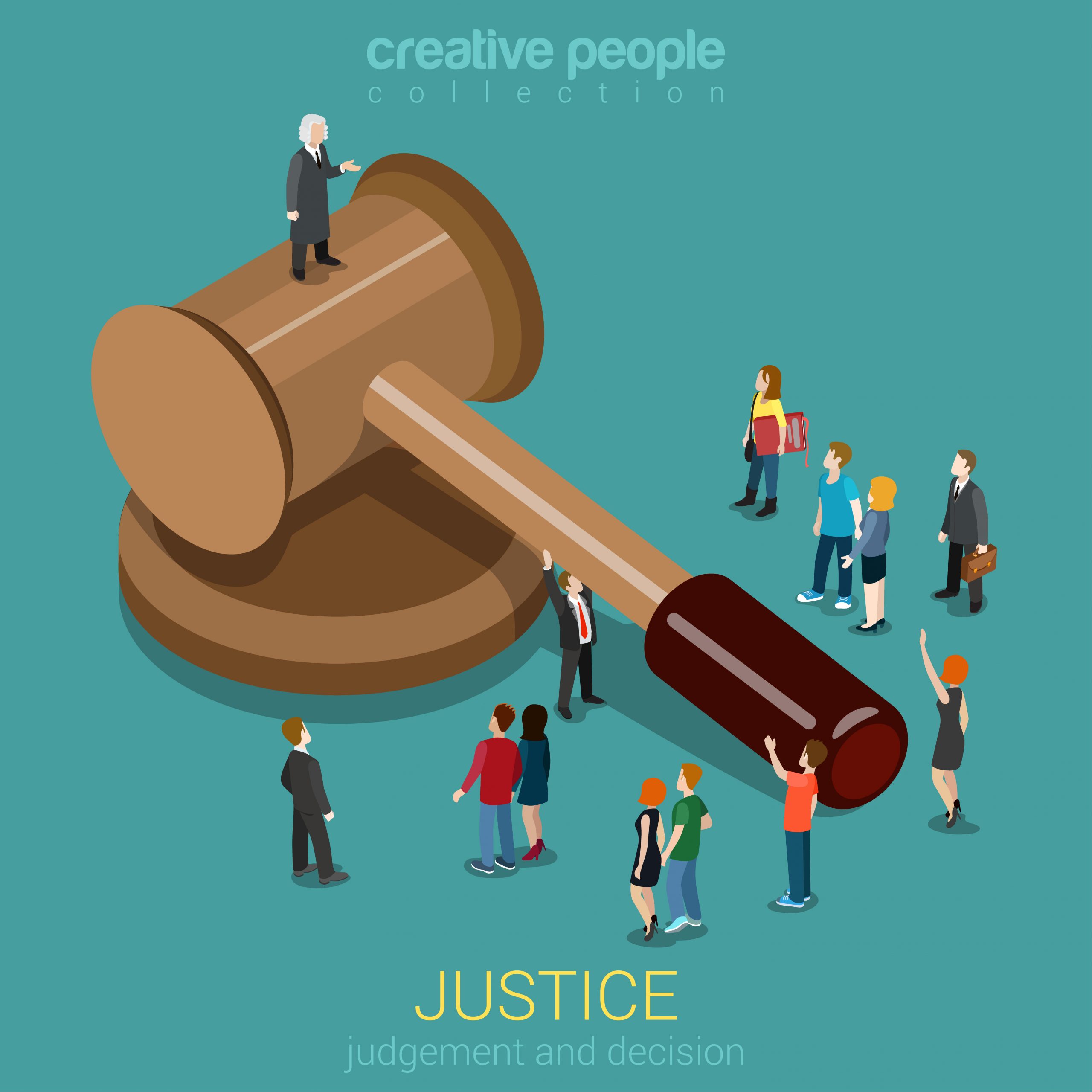News Highlights:
- The National Commission for Protection of Children (NCPCR) has recently issued guidelines for conducting a preliminary assessment by the Juvenile Justice Board (JJB) under Section 15 of the Juvenile Justice Act 2015 (JJ Act, 2015).
- This preliminary assessment is to ascertain whether a juvenile can be tried as an adult.
Section 15 of JJ (Care and Protection of Children) Act:
- Overview:
- According to Section 15 of The Juvenile Justice (Care and Protection of Children) Act, 2015 (JJ Act, 2015), juveniles charged with heinous crimes and who are between the ages of 16 to 18 years can be tried as adults.
- Under the 2015 Act, the crimes categorised as heinous, serious and petty are:
- Heinous crime: If attracts a minimum penalty of 7 years imprisonment under any existing law.
- Serious crime: If imprisonment between 3 to 7 years is given.
- Petty crime: If penalised, up to 3 years of imprisonment.
- Age Criteria:
- Age on the date of the offence: For a Child in Conflict with Law (CCL) to be tried as an adult, age on the date of the offence decides whether the accused was an adult or a child.
- “Child in Conflict with Law” has been defined under Section 2 (l3) of the Juvenile Justice (Care & Protection of Children) Act, 2015, as a child who is alleged or found to have committed an offence and has not completed eighteen years of age on the date of commission of a such offence.
- Criteria to treat the accused as adults:
- The Act sets three criteria before the Juvenile Justice Board (JJB) can decide to treat the accused as adults:
- Mental and physical capacity;
- Ability to understand consequences; and
- The circumstances of the offence.
- The Act sets three criteria before the Juvenile Justice Board (JJB) can decide to treat the accused as adults:
- The procedure:
- Before deciding if the child should be tried as an adult, the JJB must conduct a preliminary assessment based on the above criteria.
- The assessment is required to be done within three months from the date of the first production of the child before the JJB.
- In this regard, the Supreme Court held that when the JJB does not comprise a practising professional with a degree in child psychology or child psychiatry, it would have to seek the assistance of experts mandatorily.

Juvenile Justice (Care and Protection of Children Act) 2015:
- About:
- It was introduced and passed in Parliament in 2015 to replace the Juvenile Delinquency Law and the Juvenile Justice (Care and Protection of Children Act) 2000.
- The Act seeks to achieve the objectives of the United Nations Convention on the Rights of Children as ratified by India on December 11, 1992.
- Background
- The Act was passed after the brutal gang rape and murder of a student in Delhi in December 2012. One of the six accused in the case was 17.
- Following the crime, the Ministry of Child and Development proposed changes to the law to punish juvenile offenders, citing an increase in cases of offenders in that group.
Provisions of Juvenile Justice Amendment Act 2021:
- Overview:
- In 2021, the Juvenile Justice (Care and Protection of Children) Act-2015 was amended through Presidential assent.
- The Juvenile Justice (Care and Protection of Children) Amendment Act 2021 was passed to amend various provisions of the Juvenile Justice Act 2015.
- Non-Cognisable Offence:
- Crimes against children, which are mentioned in the chapter “Other Offences Against Children” of the JJ Act, 2015, that allow imprisonment between three and seven years, will be deemed “non-cognisable”.
- Adoption:
- The amendment strengthens the provision of protection and adoption of children.
- There are many adoption cases pending before the court, and to make proceedings of the court faster now, the power is transferred to the district magistrate.
- The amendment provides that the district magistrate has the authority to issue such adoption orders.
Pic Courtesy: Freepik
Content Source: The Hindu



